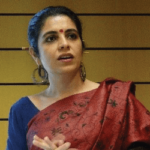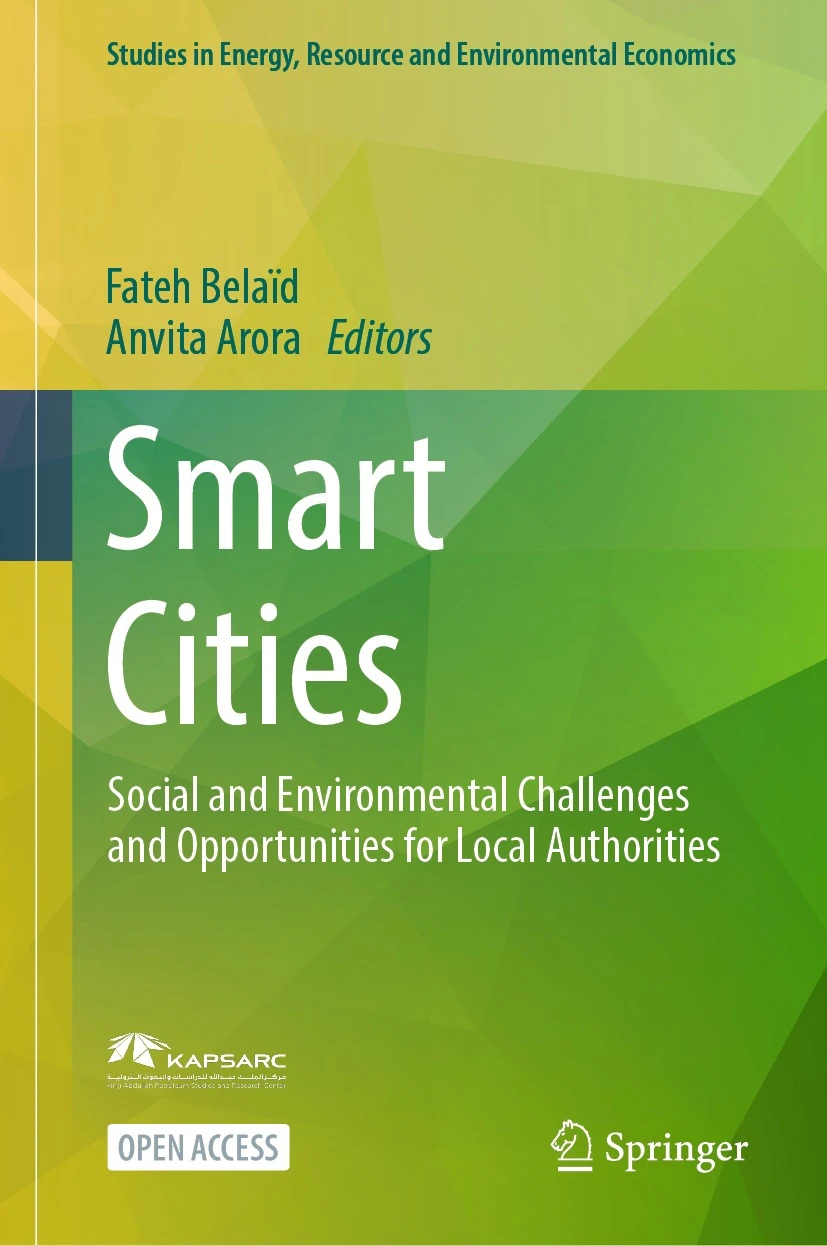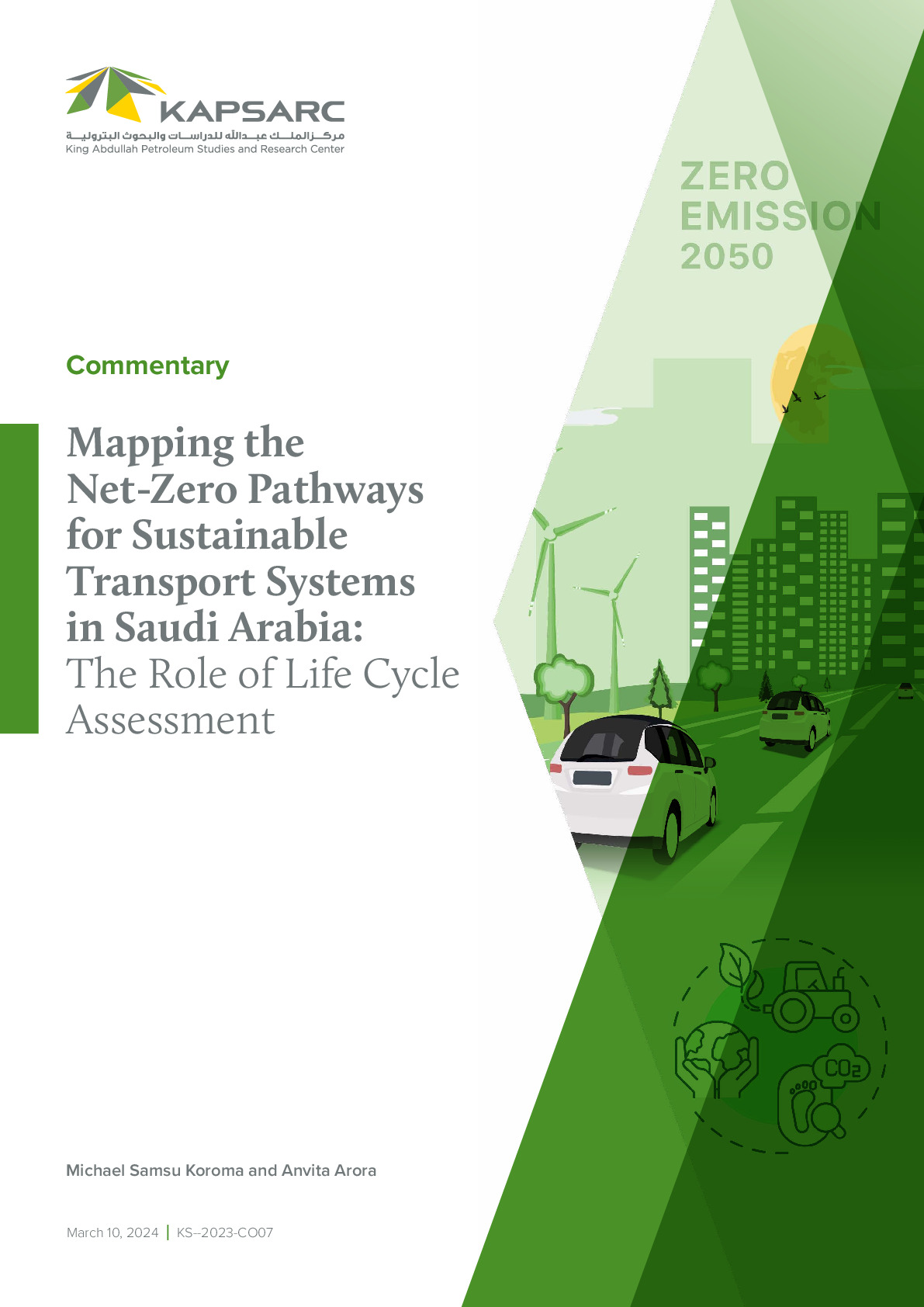Net-zero pathways have become a key climate goal that can help promote a carbon-neutral future by balancing anthropogenic greenhouse gas (GHG) emissions with emissions removed from the atmosphere. These pathways provide strategic frameworks and roadmaps for countries to reduce GHG emissions significantly.

Program Director
Anvita is an architect and transport planner whose current areas of research at KAPSARC include smart cities, electric vehicles, and…
Anvita is an architect and transport planner whose current areas of research at KAPSARC include smart cities, electric vehicles, and freight mobility. Before joining the Center in February 2018, she was the managing director and CEO of Innovative Transport Solutions (iTrans), an incubator company of IIT Delhi, where she led over 40 applied research and planning projects for 10 years for clients ranging from city level and country level authorities to funding agencies including the UNEP, World Bank, Asian Development Bank, and DFID. Supporting cities to become sustainable, inclusive and climate resilient was the primary focus of the work. She was also the India Resident Representative for the Bicycle Partnership Program of the Interface for Cycling Expertise (I-CE), the Netherlands, for four years. Anvita has been teaching transport planning in the Urban Design Department of the School of Planning and Architecture in Delhi for the past 12 years and was visiting faculty at the TERI University, Delhi. She was also associated with the Transportation Research and Injury Prevention Program (TRIPP) at IIT Delhi, a Volvo Research and Educational Foundations (VREF) Centre of Excellence, for nearly 12 years.
Expertise
- Low carbon transport
- Energy efficient mobility systems
- Climate resilient urban planning
- Inclusive and equitable cities
Publications See all Anvita Arora’s publications

Smart Cities: Social and Environmental Challenges and Opportunities for Local Authorities
Net-zero pathways have become a key climate goal that can help promote a carbon-neutral future…
21st April 2024
Mapping the Net-Zero Pathways for Sustainable Transport Systems in Saudi Arabia: The Role of Life Cycle Assessment
Net-zero pathways have become a key climate goal that can help promote a carbon-neutral future…
18th March 2024
